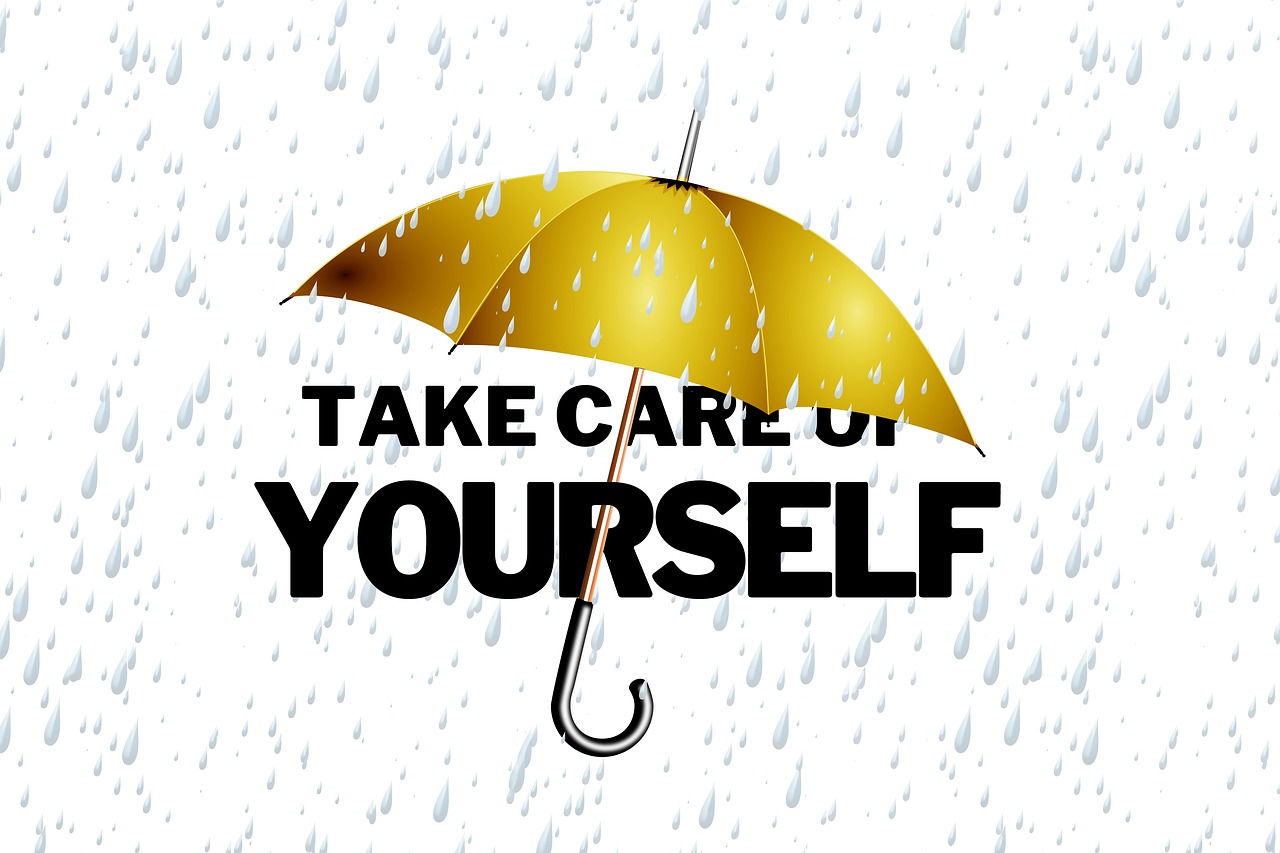
5 Self-Care Tips to Help Lessen Grief
Losing someone you love fiercely is a life changer. Even if you’ve been able to prepare for the event, watching your loved one decline throughout hospice, the death is still a shock to the system. While grief is a normal human emotion — indeed a process — it can be easy to lose yourself in that despair. You must be conscious of the grief’s toll on your body and mind as you work your way through the stages. With October being Emotional Wellness Month, we thought it appropriate to explore some self-care tips to help lessen grief. Bereavement services in Alameda County and elsewhere can certainly help. There are other ways too.
What is Self-Care?
Quite simply, self-care is any activity that we do deliberately in order to manage our mental, emotional, and physical health, says PsychCentral. It’s a simple concept in theory, yet it’s something many people overlook or cast aside. But there’s no denying that self-care is integral to improving mood and reducing anxiety. In fact, it’s at the core of what it means to have a good relationship with oneself and others. Many people assume taking care of themselves is selfish. Nothing could be farther from the truth. Self-care is what refuels us, rather than takes away from us. It’s rooted in the theory that we must take care of ourselves if we can even hope to take care of others.
Grieving for a lost parent, for example, can take a toll on sons and daughters, as they manage not just the feelings of loss but the practical matters as well relating to liquidating an estate, possibly quarreling with siblings over wills, and financing a funeral, for example. If you find yourself in this situation, it’s critical to take care of yourself so you are better able to care for your own family, small children and even the surviving parent, all of whom need you now more than ever.
Tips
While self-care means different things to different people, there are some basic things you can do to ensure you’re getting the care you need to push forward. Here are some suggestions.
-
Know when to say NO
Come up with a “no” list that outlines the tasks you do not like or wish to do. This could be anything that causes you repeated stress. Perhaps you can add to this list things like: not checking emails after dinner, not attending functions you don’t enjoy or not answering your phone during lunch and dinner with the family. These may seem small but they will have a huge effect on your mental well-being and sense of peace, giving you the time you need to reflect and prioritize.
-
Eat Healthy
Promoting a nutritious, healthy diet will work wonders for your physical and emotional well-being. That includes getting enough sleep; most adults need between seven and eight hours of sleep every night for proper functioning during the day. Incorporate an exercise routine into your week. It doesn’t have to be too intense or fancy. Go for a brisk walk every day, hit the gym a few times a week, or go for a jog with your kids. Staying active increases serotonin in our bodies, which is the feel-good hormone that leads to improved mood and energy.
-
Listen to your body
If you need sleep, get it. If you feel the need to cry and let go, do it. If you need to talk to a friend about what you’re going through, call them. Give yourself permission to experience the emotions you need to experience as you feel them, as this is integral to the grieving process, says Grief Watch. Stifling those feelings won’t make them go away; in fact, that will make them get worse. Release, then move on to another positive activity. Give yourself time to grieve but don’t dwell. It’s a fine balance, one you will learn to navigate over time.
-
Spend time alone or with others who make you feel good
Taking a few minutes or a couple of hours away for yourself or with close friends will nourish your spirit. While you may want to be there every second of the day to tie up loose ends and welcome well-meaning guests, you will be no good to yourself and others around you if you burn yourself out, says The Huffington Post.
-
Relax and Meditate
This can be as simple as sitting in a dark room for 10 minutes to reflect, or it could mean taking a quiet yoga class. It can even mean sitting down by yourself for a few minutes each day to write in your journal. Take a bubble bath, shut off the phone, get a sitter, whatever you have to do to squeeze out just a few minutes for yourself each day.
Contact Pathways Home Health and Hospice
If you have recently lost a loved one and want help managing your grief, please contact the compassionate staff at Pathways Home Health and Hospice — where self-care is something we prioritize. Contact us today at 888-755-7855 to learn about our bereavement support services, including support groups, workshops, memorial services and counseling.

